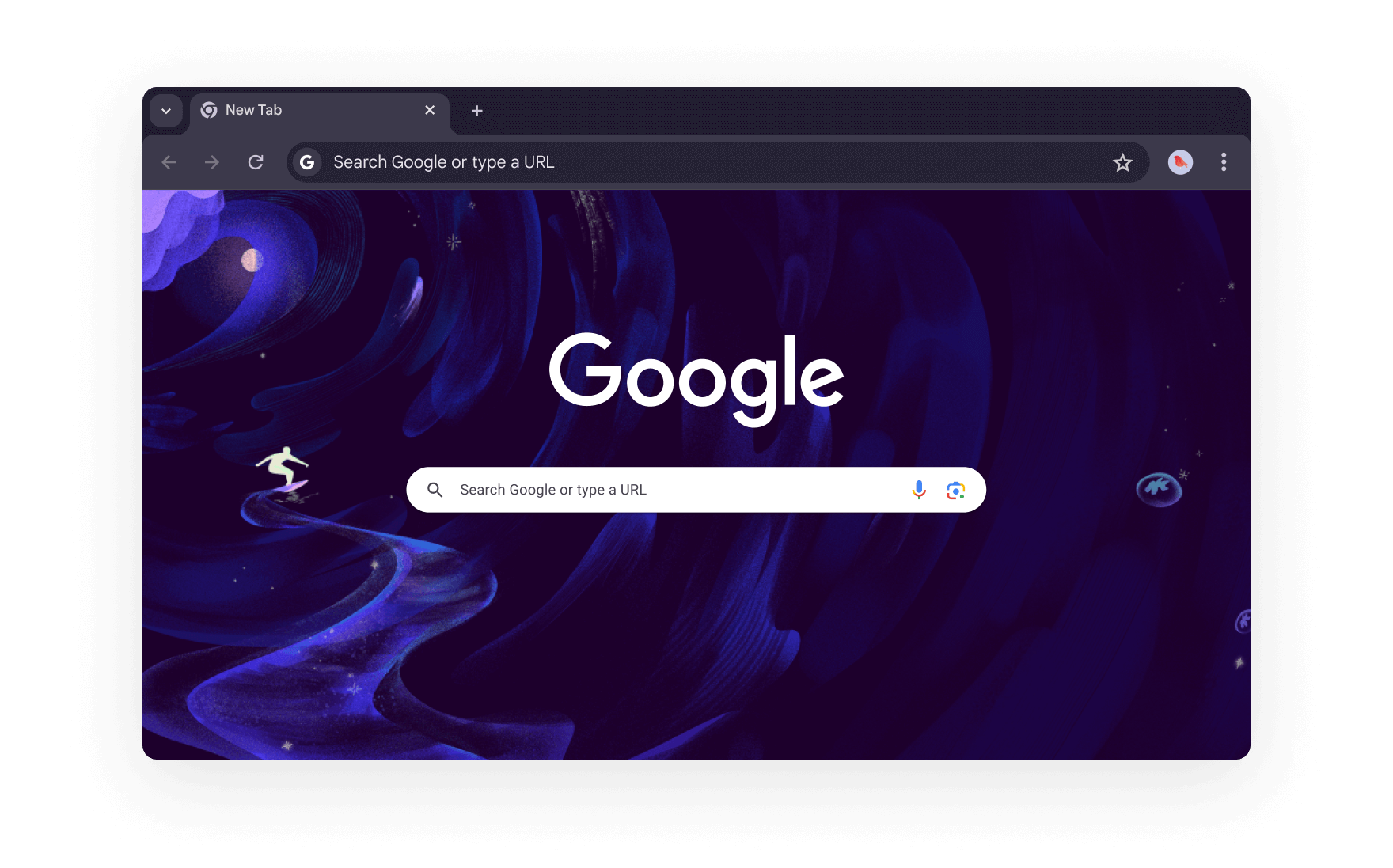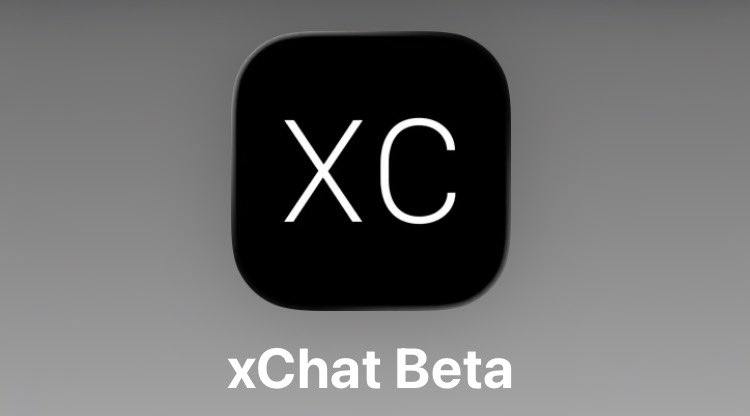The technology giant Google recently unveiled its latest quarterly software update for Pixel devices, colloquially known as a "Pixel Drop," introducing a suite of advanced capabilities designed to enhance user experience, bolster security, and improve device efficiency. This November release, a testament to Google’s ongoing commitment to pushing the boundaries of smartphone intelligence, integrates cutting-edge artificial intelligence, particularly its on-device Gemini Nano model, across core functionalities like navigation, communication, and photo editing.
The Evolution of Pixel Drops: A Strategy for Continuous Innovation
Google’s "Pixel Drop" initiative represents a distinct approach to smartphone software updates, diverging from the traditional annual operating system refresh common across many manufacturers. While other Android OEMs often prioritize hardware specifications or consolidate major updates into less frequent releases, Google’s strategy with Pixel Drops is distinctly centered on continuous software value. These quarterly releases ensure that Pixel devices remain at the forefront of innovation throughout their lifecycle, allowing Google to rapidly deploy new AI breakthroughs and user-centric improvements, keeping its hardware competitive and engaging long after launch events.
Historically, the smartphone market primarily relied on major annual OS updates (like new iOS versions or Android iterations) to introduce significant new features. However, Google recognized the potential to create a more dynamic ownership experience for its Pixel users. By decoupling feature rollouts from strict OS cycles, Pixel Drops have become a crucial mechanism for showcasing the tight integration between Google’s software prowess and its custom Tensor chips, which are optimized for on-device AI processing. This approach fosters a stronger ecosystem, encouraging user loyalty by continuously delivering tangible value and demonstrating the real-world applications of advanced AI research. It also allows Google to respond more swiftly to emerging user needs and market trends, setting a precedent for how smartphone manufacturers can maintain device relevance in a rapidly evolving technological landscape.
Intelligent Notification Management: Taming the Digital Deluge
One of the significant enhancements in this update targets the pervasive issue of notification overload, a common source of digital fatigue for smartphone users. Google is introducing sophisticated notification summaries for longer chat threads and conversations, initially available on Pixel 9 and later devices. This feature leverages AI to distill lengthy exchanges into concise digests, allowing users to grasp the essence of communication without needing to scroll through every message. This functionality directly rivals similar features offered by competitors, notably Apple, which incorporated its own notification summaries as part of its Apple Intelligence suite.
The underlying technology behind Google’s implementation is likely its on-device Gemini Nano, demonstrating the increasing capability of local AI to process and interpret complex textual data. The use of on-device AI for processing sensitive communication data locally rather than in the cloud significantly enhances user privacy, a growing concern in the era of pervasive digital surveillance. Furthermore, Google plans to roll out an additional feature in December that will intelligently silence low-priority notifications, aiming to minimize distractions and enhance focus. This proactive approach to notification management reflects a broader industry trend towards helping users regain control over their digital interactions, fostering a more focused and less overwhelming smartphone experience. The social impact of such features is considerable, as they can contribute to improved mental well-being by reducing constant interruptions and enabling users to allocate their attention more deliberately.
Mapping a More Efficient Path: Extended Battery Life for Navigation
Recognizing the substantial battery drain associated with GPS navigation, Google is rolling out an innovative low-power mode specifically for its Maps application. This feature, designed for Pixel 10 series users, significantly extends device endurance by optimizing the display during navigation. When activated, the screen darkens, presenting only essential information such as the navigation route and critical turn-by-turn directions. This intelligent design choice aims to provide up to four additional hours of battery life, a substantial benefit for users far from a charging point.
This enhancement addresses a long-standing pain point for many smartphone users who rely on their devices for extensive travel or daily commutes. Navigation apps, with their constant GPS usage, screen illumination, and data processing, are notorious power consumers. Google’s solution is a practical application of intelligent design, focusing on core utility while minimizing resource expenditure. From a market perspective, offering such a tangible advantage in battery performance for a widely used application like Maps could differentiate Pixel devices, appealing to users who prioritize endurance and reliability during their journeys. Beyond individual convenience, the reduction in energy consumption, however small per device, contributes to broader efforts toward sustainable technology use. This design choice also subtly influences user behavior, encouraging more mindful engagement with their devices rather than constant, high-brightness interaction.
The Art of AI-Powered Photography and Messaging: Creative Expression Unleashed
The update also brings significant advancements in generative AI to the realm of visual content, both in Google Photos and within the Messages app. Building upon its strong foundation in computational photography, Google Photos is receiving a new AI-powered editing feature. Users can now leverage natural language prompts through a "Help me edit" option to perform complex photo manipulations. For instance, a user could request to "Remove Riley’s sunglasses, open my eyes, make Engel smile and open her eyes," and the AI would intelligently apply these edits by recognizing individuals using Google Photo’s existing face grouping technology. This functionality democratizes advanced photo editing, making tools previously requiring specialized software and skills accessible to a broader audience.
In a parallel development, Google is introducing a "Remix" feature within the Messages app, powered by its Gemini Nano model and the broader Gemini AI. This allows users to select a photo and reimagine it using textual prompts, creating unique, AI-generated variations directly within their conversations. This feature is initially rolling out to users in select English-speaking countries with RCS enabled. These innovations in AI-driven image manipulation reflect a broader cultural shift towards more dynamic and personalized digital expression. While offering immense creative potential, they also subtly raise questions about the authenticity of digital images, a topic of ongoing discussion in the age of generative AI. The on-device nature of Gemini Nano for these tasks also emphasizes privacy, as sensitive image data can be processed without leaving the device, reinforcing Google’s commitment to user data security.
Fortifying Digital Security: Expanding Scam Detection Capabilities
In an increasingly interconnected world, the threat of digital scams and fraud remains a significant concern, exacting both financial and emotional tolls on victims. Google is bolstering its security features by expanding its Gemini Nano-powered scam detection capabilities. Previously introduced for phone calls in the U.S. with Pixel 9 and later models, this on-device speech detection feature is now being rolled out to users in the U.K., Ireland, India, Australia, and Canada. This expansion signifies a global commitment to protecting users from malicious actors and the growing sophistication of online deception.
Further enhancing this defense, Google is adding a "Likely a scam" button directly within notification prompts for suspicious messages. This builds upon the company’s existing technology that analyzes message content to identify spam or scam attempts. Modern scams are increasingly sophisticated, often employing social engineering tactics that are difficult for humans to detect manually. By leveraging AI to analyze patterns, Google aims to catch these subtle cues before they can cause harm. The integration of on-device AI for real-time analysis offers a crucial layer of protection, as it can detect fraudulent patterns in language and tone without requiring data to be sent to cloud servers, thereby enhancing user privacy. The social impact of these security enhancements is profound, particularly for vulnerable populations who are often targets of sophisticated scams. By proactively identifying and flagging potential threats, Google aims to reduce financial losses and emotional distress caused by digital fraud, fostering a safer digital environment for its users.
Personal Connections and Crisis Awareness: Enhancing Pixel VIPs
The Pixel VIPs feature, introduced in a previous update, allowed users to designate up to eight close contacts for quick updates via a home screen widget. The November Pixel Drop refines this functionality, prioritizing notifications from these chosen individuals, ensuring that communications from family and closest friends cut through the digital noise. This ensures that users receive timely and important alerts from their most valued connections without getting lost in a flood of less critical notifications.
Crucially, this update also adds a significant safety component: a "crisis badge" within the contacts widget. If an incident such as a flood, earthquake, or other natural disaster occurs in an area where a VIP contact resides, this badge will appear, providing an immediate visual alert to the user. This thoughtful integration of emergency awareness into personal contacts highlights Google’s commitment to not just digital convenience but also real-world safety and connection. In an era where information overload can sometimes obscure critical alerts, this feature ensures that vital updates about loved ones in affected regions are clearly and prominently displayed, offering peace of mind and enabling timely action. This human-centric approach transforms the smartphone from a mere communication tool into a proactive personal assistant for well-being, demonstrating a deeper understanding of user needs beyond just efficiency and entertainment.
Expanding Accessibility and Personalization: Call Notes and Thematic Customization
Beyond core AI and security enhancements, the Pixel Drop also broadens the reach of existing accessibility features and introduces new personalization options. The Call Notes feature, which provides transcriptions of phone calls, is now expanding its availability to Australia, Canada, the U.K., Ireland, and Japan. This tool offers immense utility for professionals, students, or anyone who needs to retain detailed information from phone conversations without the need for manual note-taking, making communication more efficient and accessible. It serves as a valuable record-keeping tool, reducing the cognitive load on users during calls.
On the personalization front, Pixel 6 and later devices are receiving a "Wicked: For Good" theme pack. This thematic bundle includes new wallpapers, icons, system sounds, and GIFs inspired by the popular movie, allowing users to customize their device’s aesthetic to reflect current cultural trends and personal interests. While seemingly minor compared to the AI-driven features, personalization options contribute significantly to the overall user experience, allowing individuals to imbue their devices with a unique character and feel a greater sense of ownership.
Market Implications and the AI Smartphone Race
Google’s latest Pixel Drop underscores the intense competition in the smartphone market, particularly concerning the integration of artificial intelligence. With Apple’s "Apple Intelligence" and Samsung’s "Galaxy AI" initiatives, the race to deliver the most intelligent and helpful smartphone experience is intensifying. Google, with its deep roots in AI research and its control over the Android ecosystem, is uniquely positioned to lead in this domain, leveraging its custom Tensor chips to process AI models like Gemini Nano directly on-device.
This strategy offers several advantages: enhanced privacy by keeping sensitive data on the phone, improved speed and responsiveness by reducing reliance on cloud servers, and the ability to function even without an internet connection. The consistent rollout of advanced features through Pixel Drops not only provides a compelling reason for users to choose and stay with Pixel devices but also sets a benchmark for what consumers can expect from future generations of smartphones. This continuous innovation not only strengthens the Pixel brand but also serves as a proving ground for Google’s broader AI ambitions, influencing the entire Android ecosystem and setting new expectations for smart device capabilities. As AI becomes increasingly pervasive, the ability of a device to intelligently anticipate needs, protect against threats, and facilitate creativity will be paramount to its success and its impact on daily life. The November Pixel Drop is not just a collection of new features; it is a clear statement of intent from Google in the ongoing evolution of the intelligent personal device.







